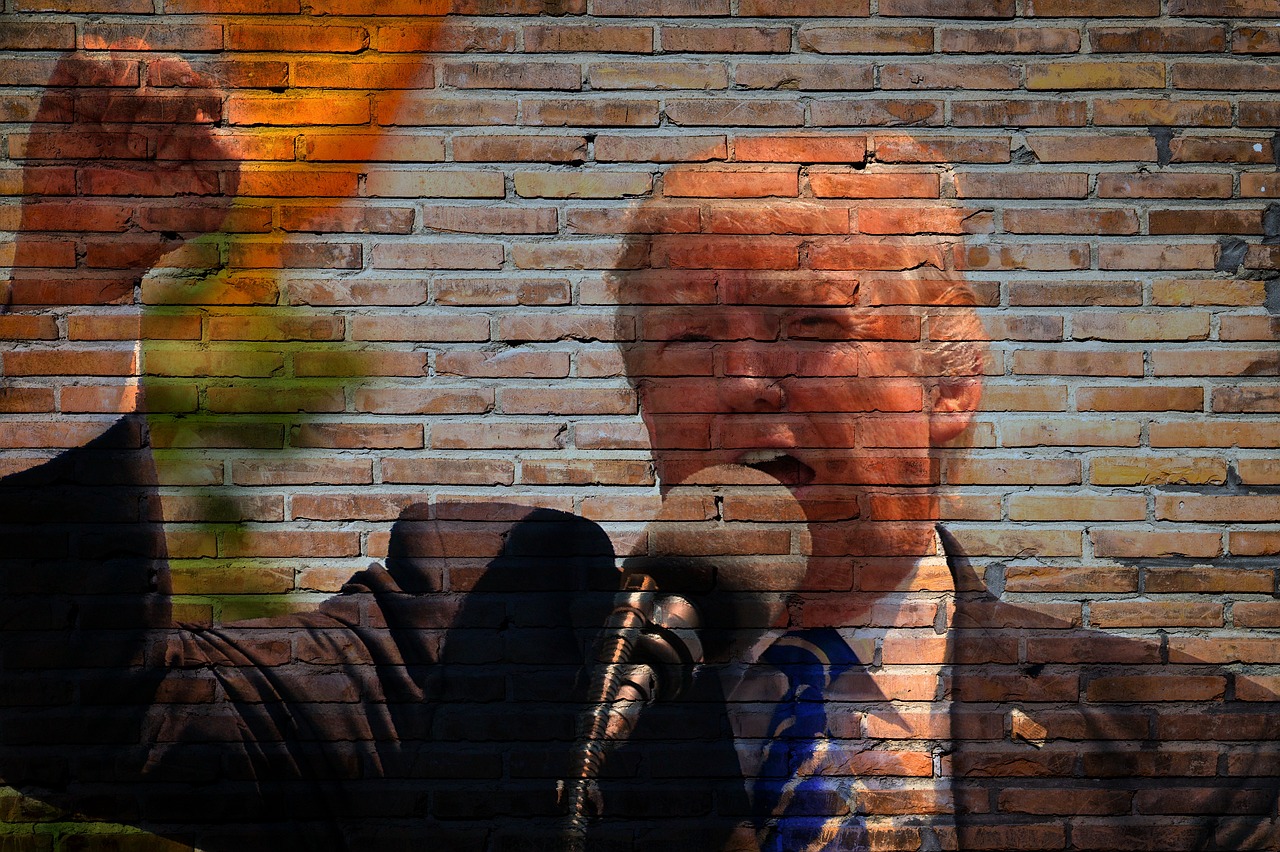
Trump's Victory: What It Means for UK-US Relations
An Unpredictable Future: Trump Declares Victory As the dust settles on the recent U.S. presidential election, Donald Trump of the Republican Party emerges victorious with 70,010,707 votes (51.

Donald Trump’s recent election victory over Kamala Harris, with 71,391,936 votes (51.0%) to 66,325,299 votes (47.4%), has ignited a flurry of responses from UK politicians. The outcome is seen as a significant turning point in the global political landscape, prompting varying reactions ranging from optimism to concern about the future of international relations.
Sir Keir Starmer, leader of the Labour Party, emphasized the necessity of a robust UK-US relationship in light of Trump’s win. He described this partnership as crucial, particularly in an increasingly volatile global environment. During Prime Minister’s Questions, Starmer expressed his eagerness to collaborate with Trump and acknowledged their prior discussions on pressing global issues.
Starmer highlighted that maintaining a strong bond with the US is essential for addressing shared values such as freedom and democracy.
In contrast, Kemi Badenoch, newly appointed Conservative leader, urged Starmer to apologize for past derogatory comments made by David Lammy regarding Trump. She raised concerns about potential impacts on UK trade policies, particularly regarding tariffs on exports and the future of a free trade agreement with the US.
The political reaction in the UK has been sharply divided. While some leaders see Trump’s presidency as a huge opportunity for strengthening ties with America, others view it as a troubling development. Nigel Farage hailed Trump as a “genuine friend” of the UK, urging leaders to embrace this new chapter positively.
However, opposition figures like Sir Ed Davey criticized Trump’s leadership style and warned that it could endanger global stability. He underscored the urgency of mending relations with the EU to safeguard trade and defense cooperation amid uncertainty created by Trump’s administration.
Local leaders also joined the conversation. Sadiq Khan expressed concerns about the implications for democracy and human rights under Trump’s leadership while Lord Philip Hammond noted that government officials would need to carefully assess their approach going forward.
As both parties navigate this new political terrain, attention turns to how these dynamics will shape policy decisions moving forward. The UK’s commitment to increasing defense spending and exploring trade opportunities will be pivotal in redefining its relationship with the U.S.
Starmer reaffirmed his government’s dedication to meeting defense spending targets while criticizing past Conservative administrations for not fulfilling these commitments.
In essence, Trump’s presidency presents an array of challenges and opportunities for the UK. As political leaders prepare for this next chapter, their responses will be critical in establishing a balanced approach that prioritizes collaboration while addressing concerns over governance and international stability.

An Unpredictable Future: Trump Declares Victory As the dust settles on the recent U.S. presidential election, Donald Trump of the Republican Party emerges victorious with 70,010,707 votes (51.

Trump’s Tariff Plans: A Day-One Agenda Against Drug and Human Trafficking In a bold move to combat drug and human smuggling, President-elect Donald Trump has announced plans to impose significant tariffs on Mexico, Canada, and China immediately after his inauguration on January 20.